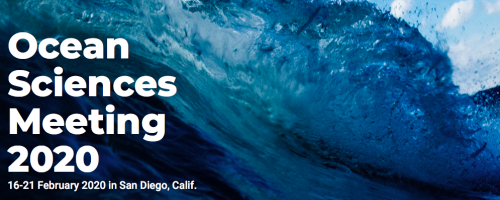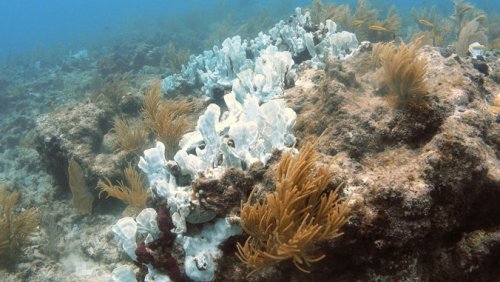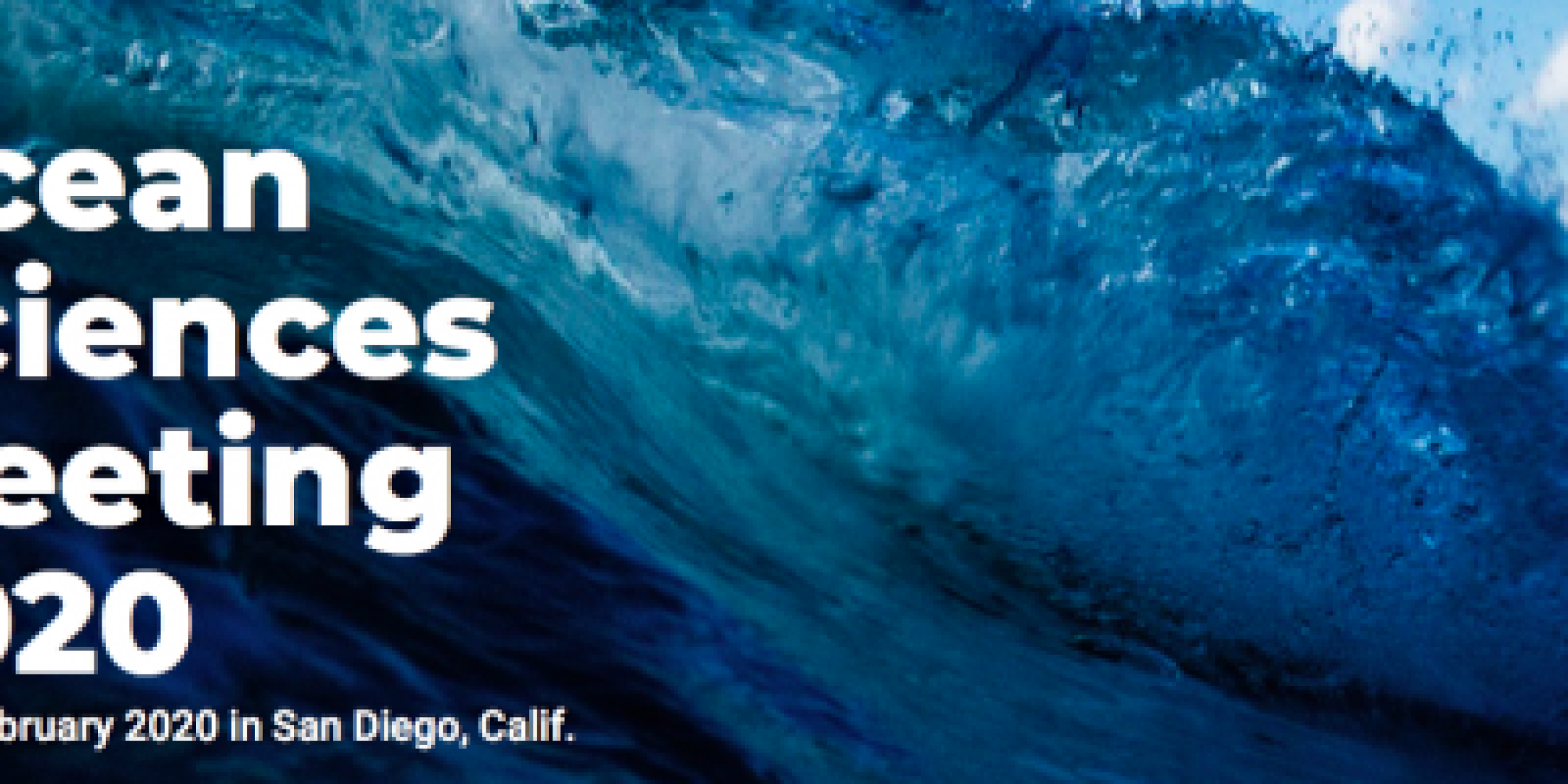The city of San Diego hosted the Ocean Sciences Meeting 2020 from February 16-21, the flagship conference for science on the theme of the oceans and the ocean community in general. Numerous French scientists from the CNRS (National Center for Scientific Research) came to San Diego from various high level laboratories, with important delegations from the Villefranche Oceanography Laboratory (LOV – Villefranche-sur-Mer), the Laboratory of Studies in Geophysics and Space Oceanography (LEGOS – Toulouse), the Laboratory of Physical and Space Oceanography (LOPS – Plouzane), the Laboratory of Oceanography and Climate : experimental and numerical approaches (LOCEAN – Paris), and the Mediterranean Institute of Oceanology (MOI – Marseille). This very strong French presence in Southern California for this occasion is a strong marker of France’s strategic interest on this topic.

This 2020 edition had the particularity of benefiting from the combined power of three organizations : it was co-sponsored by the American Geophysical Union (AGU), the Association for the Sciences of Limnology and Oceanography (ASLO) and The Oceanography Society (TOS). In the run-up to the United Nations Decade of Ocean Sciences for Sustainable Development, which will begin in 2021, the organizers of the conference stressed the need to foster cooperation at all levels to raise awareness on the global dimension of the ocean, to address environmental challenges and finally to move towards a resilient planet. Indeed, this year’s focus was on the theme “Building a Resilient Planet”, which was organized around the concept that scientists, in partnership with governments and communities, have the power to influence change by promoting healthier and more resilient oceans, a safer and more sustainable food supply, and by mitigating the effects of climate change.
However, this enthusiasm for the concepts of cooperation and collaboration needs to be tempered by many alarming research findings, such as those of Renee Setter, a PhD student in the Department of Geography and Environment at the University of Hawaii. During the week-long symposium, she presented her research suggesting that the future of coral reef systems is truly threatened. Her research suggests that the warming and acidification of ocean water caused by global warming will lead to the death of almost all reef systems within the next 80 years. Nevertheless, she indicated that “Citizens can try to reduce the amount of stressors that coral faces in order to prevent reef degradation. This could be done by reducing carbon emissions and promoting renewable energy sources, as well as by eliminating local pollution and reducing overfishing.” In the end, it seems that all communities, citizens and scientists will have to be mobilized to address the ocean issues of this century.

More info :![]()
About the Ocean Sciences Meeting 2020 : https://www.agu.org/Ocean-Sciences-Meeting![]()
About Renee Setter’s research, PhD student at the Université of Hawaï : https://www.hawaii.edu/news/2020/02/24/climate-change-could-kill-coral-reefs/








